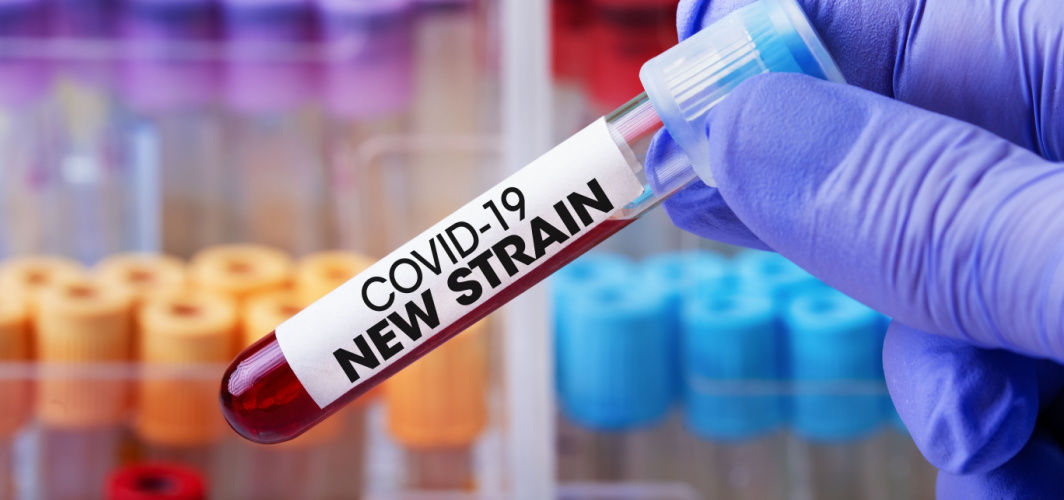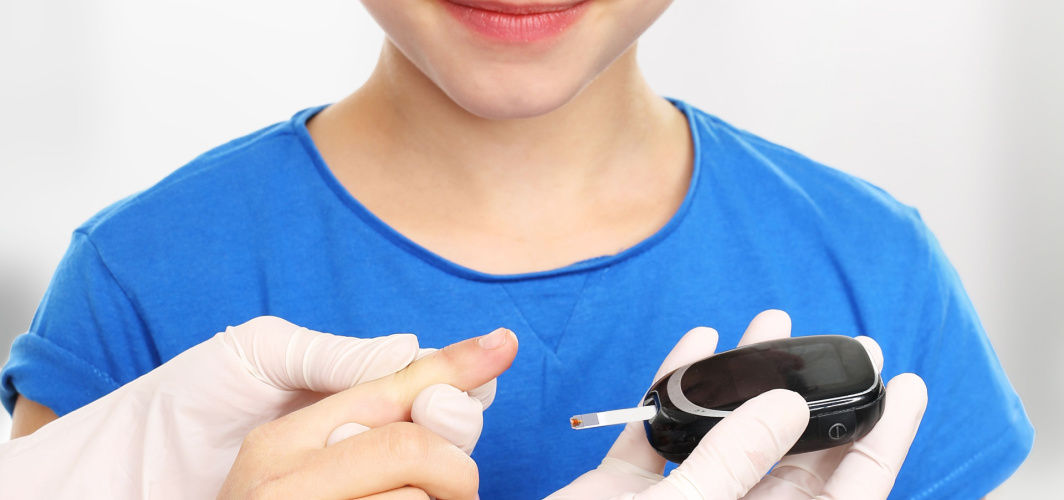Diabetes Management
Recognising and Managing Hyperglycaemic Emergencies in Diabetic Patients
2 min read
By Apollo 24|7, Published on - 05 August 2024
Share this article
0
0 like

When managing diabetes, it is crucial to be aware of hyperglycaemic emergencies, such as Diabetic Ketoacidosis (DKA) and Hyperosmolar Hyperglycaemic State (HHS). These conditions are severe and can be life-threatening if not promptly treated. Early recognition of symptoms is critical to managing these emergencies effectively, potentially saving lives. In this blog, we will consider ways to recognize symptoms of hyperglycaemic emergencies, manage them effectively, and methods to prevent them.
Spotting the Symptoms of Hyperglycaemic Emergencies
Hyperglycaemic emergencies, such as DKA and HHS, present similar symptoms. These include extreme thirst, frequent urination, confusion, nausea, vomiting, abdominal pain, increased heart rate, and dry skin. It's important to remember that HHS usually lacks significant ketoacidosis observed in DKA. Simply put, DKA occurs when high blood sugar causes the body to produce harmful acids. While HHS also involves high blood sugar, it doesn’t make these acids, leading to severe dehydration.
Immediate Steps to Manage DKA and HHS
If you recognize these symptoms in yourself or a loved one, immediately go to the nearest hospital. Seek medical attention without delay, as DKA and HHS are severe conditions requiring prompt treatment. Here are the immediate steps involved:
- Seek Medical Attention: Go to the nearest hospital or Contact emergency services. Both conditions require hospitalization for proper management.
- Correct Dehydration: Healthcare providers will administer intravenous fluids to correct dehydration. This is crucial to restoring normal blood volume and improving circulation.
- Administer Insulin Therapy: Insulin will be given to reduce high blood glucose levels. This is essential to stop the production of ketones in DKA and manage hyperglycemia in HHS.
- Replace Electrolytes: Vital electrolytes like potassium, sodium, and chloride will be monitored and replaced as needed. This is important to maintain heart and muscle function.
- Identify and Treat Underlying Causes: Identifying precipitating factors such as infections, missed insulin doses, or other stressors is essential for effective treatment and preventing recurrence.
Preventing Severe Complications through Early Recognition
Early recognition of the symptoms of high blood sugar emergencies, such as extreme thirst, frequent urination, confusion, and weakness, is crucial for prompt treatment. Additional symptoms include mental changes like delirium or hallucinations, dry mouth, blurred or lost vision, and weakness or paralysis, which may be worse on one side of the body. Timely initiation of treatment can prevent severe complications such as cerebral edema, acute renal failure, and even death. Appropriate management significantly reduces mortality rates associated with these conditions.
The Apollo Super 6 program can help you avoid diabetes by providing lifelong access to diabetes management tools. Being proactive with your health and taking advantage of such resources can help improve your quality of life. Consider enrolling in this program to improve your condition and avoid complications like hyperglycaemic emergencies.
Diabetes Management
Consult Top Diabetologists
View AllLeave Comment
Recommended for you

Diabetes Management
COVID-19 JN.1 Variant: Should Diabetics Take Extra Precautions?
The WHO coined JN.1 as a "variant of interest," with low current public health risk but the potential for increased COVID-19 cases, especially in countries with ongoing winter. Booster shots are recommended for those with comorbidities like uncontrolled diabetes and individuals over 60, with limited evidence of JN.1's vaccine resistance. Uncontrolled diabetes elevates the risks and severity of the disease., Standard preventive measures remain crucial against all variants, reinforcing the ongoing fight against COVID-19.

Diabetes Management
Type 1 Diabetes In Children: Is Insulin Safe For Kids?
The common signs and symptoms of type 1 diabetes or juvenile diabetes include excessive thirst, frequent urination, increased hunger, unexplained weight loss, blurred vision, slow wound healing, and recurring infections like yeast infections. These symptoms indicate the need for medical evaluation and potential diagnosis of type 1 diabetes. In such cases, it is best to consult a diabetologist without delay.

Diabetes Management
Fruits That Aid in Blood Sugar Regulation
Incorporating fruits into your diet goes a long way in managing diabetes effectively. Some fruits like green apples and oranges offer essential nutrients while helping stabilise glucose levels. Even local fruits like jamun can provide significant benefits due to their low GI levels. Remember, the key is to choose wisely and maintain moderation.
Subscribe
Sign up for our free Health Library Daily Newsletter
Get doctor-approved health tips, news, and more.
Visual Stories

8 Fruits That are Incredibly Healthy for Diabetes
Tap to continue exploring
Recommended for you

Diabetes Management
COVID-19 JN.1 Variant: Should Diabetics Take Extra Precautions?
The WHO coined JN.1 as a "variant of interest," with low current public health risk but the potential for increased COVID-19 cases, especially in countries with ongoing winter. Booster shots are recommended for those with comorbidities like uncontrolled diabetes and individuals over 60, with limited evidence of JN.1's vaccine resistance. Uncontrolled diabetes elevates the risks and severity of the disease., Standard preventive measures remain crucial against all variants, reinforcing the ongoing fight against COVID-19.

Diabetes Management
Type 1 Diabetes In Children: Is Insulin Safe For Kids?
The common signs and symptoms of type 1 diabetes or juvenile diabetes include excessive thirst, frequent urination, increased hunger, unexplained weight loss, blurred vision, slow wound healing, and recurring infections like yeast infections. These symptoms indicate the need for medical evaluation and potential diagnosis of type 1 diabetes. In such cases, it is best to consult a diabetologist without delay.

Diabetes Management
Fruits That Aid in Blood Sugar Regulation
Incorporating fruits into your diet goes a long way in managing diabetes effectively. Some fruits like green apples and oranges offer essential nutrients while helping stabilise glucose levels. Even local fruits like jamun can provide significant benefits due to their low GI levels. Remember, the key is to choose wisely and maintain moderation.

